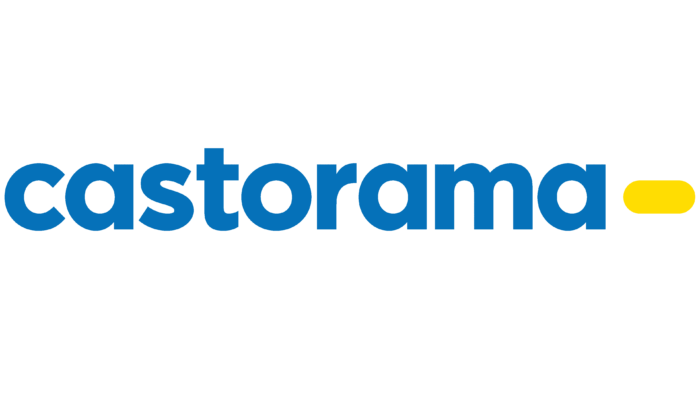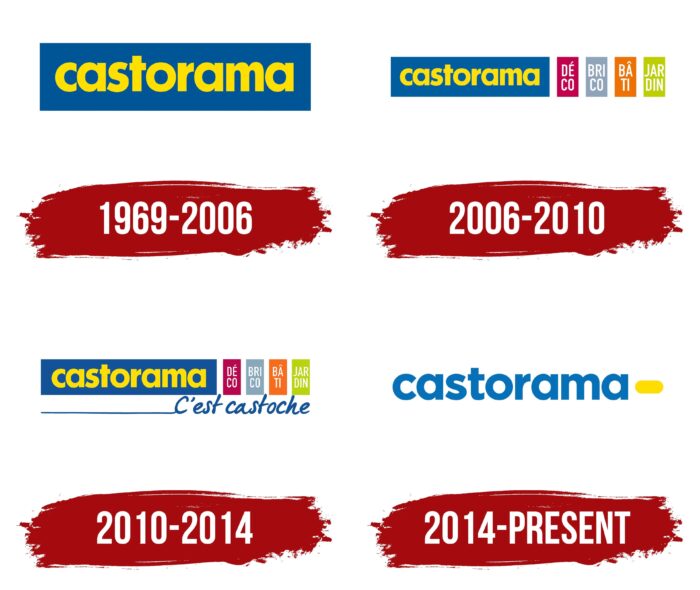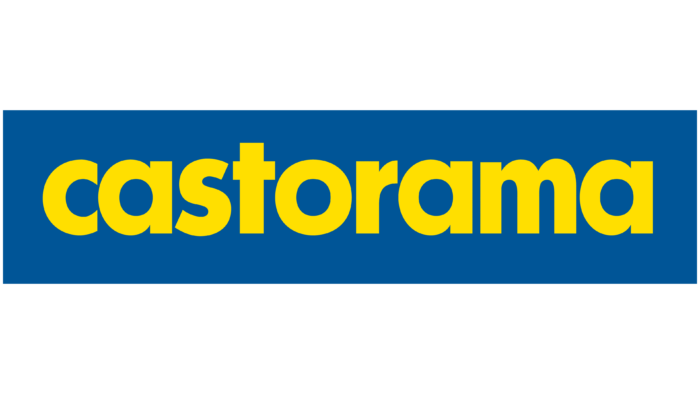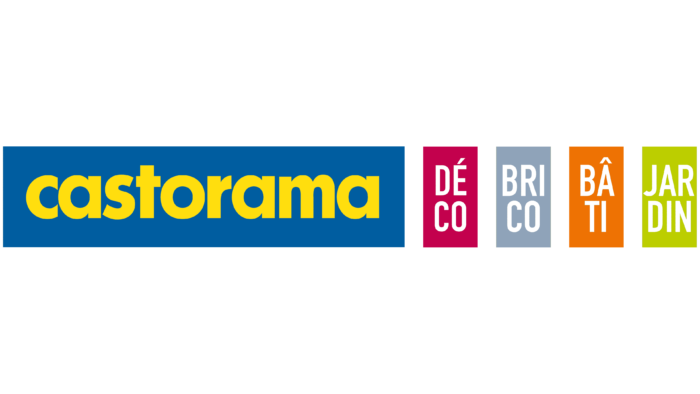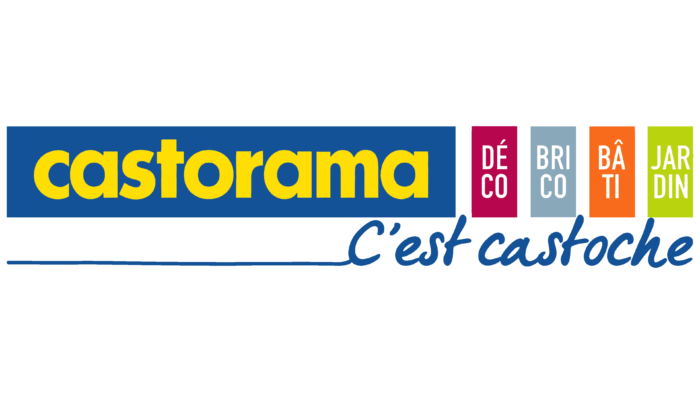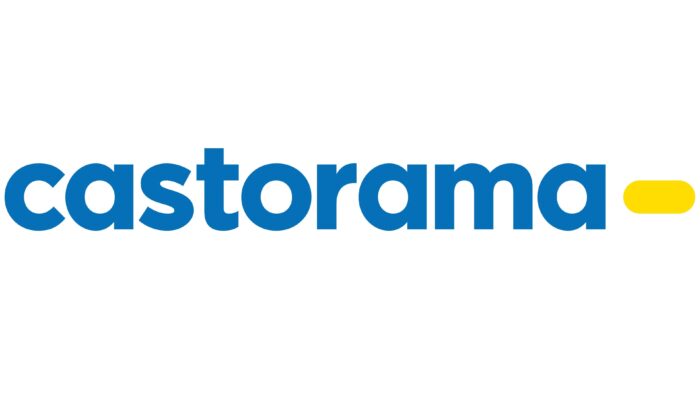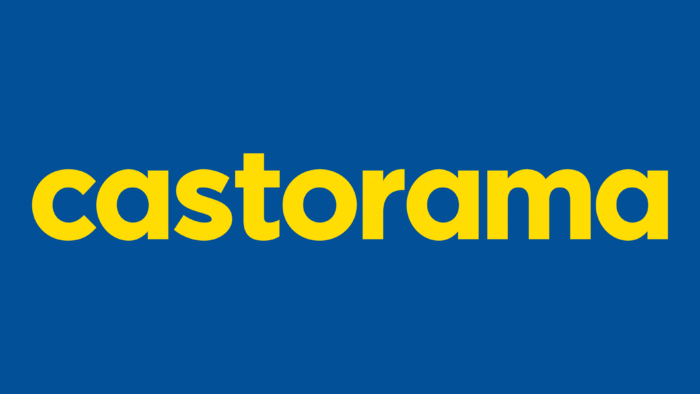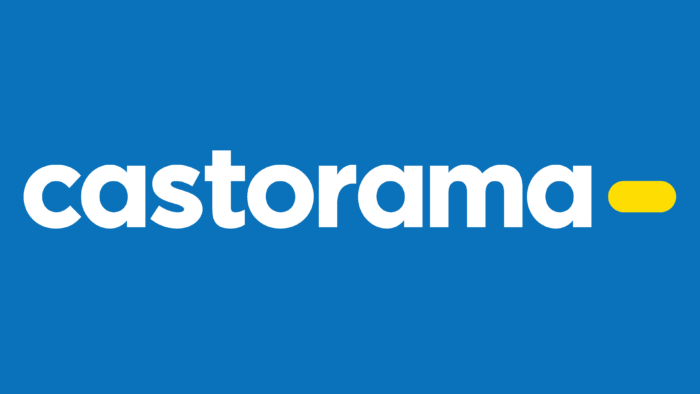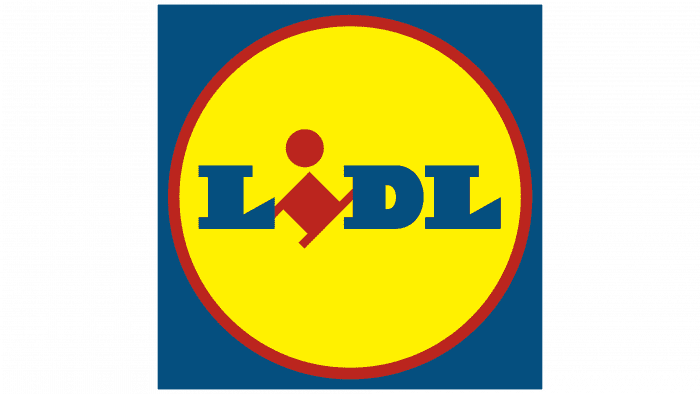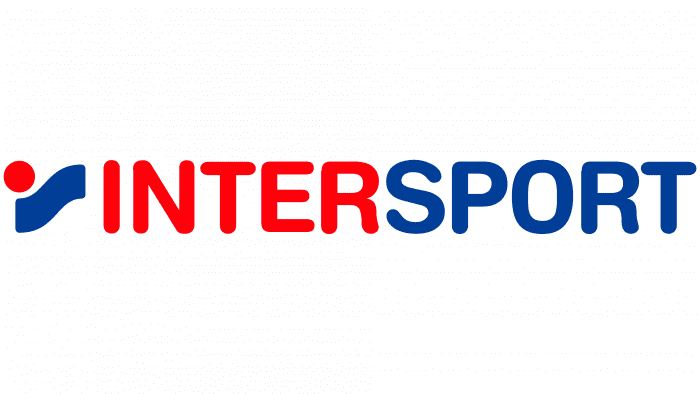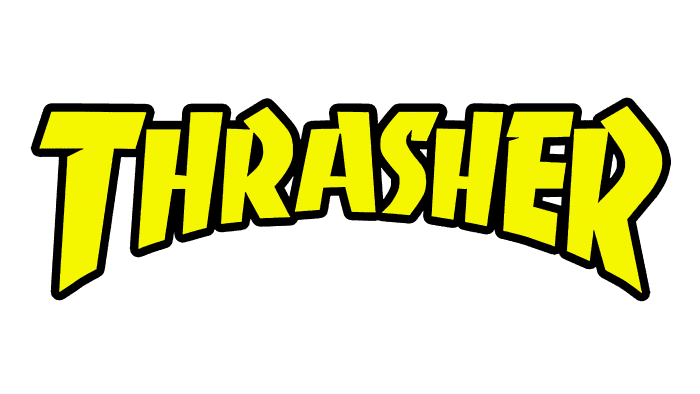The Castorama logo shows that each client has a personal definition of this brand. But in any case, the store is a place where dreams come true. Only positive, joyful feelings are associated with the emblem, as everyone finds “his” purchase.
Castorama: Brand overview
| Founded: | 13 June 1969 |
| Headquarters: | Templemars, France |
| Website: | castorama.fr |
Meaning and History
Castorama stores serve millions of individual consumers. They are located in different cities and even in different countries, but they are united by a common concept called Do It Smart, adopted in 2012, and a new visual style. Since then, the hypermarkets have had a friendly atmosphere that caters to newcomers who don’t understand anything about the renovation. Its goal is to enhance the customer experience. To this end, the outlets are combined with demonstration areas where customers can learn about the products and how to use them: for example, learn how to lay tiles under the supervision of a master. It is assumed that most professionals do not go to retail chains and buy everything they need for construction and repair only from wholesalers.
Before the modern concept, Castorama stores operated in a different format. They had bright color zones dividing the entire assortment by directions (do-it-yourself, decoration, home, garden), naturally reflected in the logo. Now those colors no longer exist-the Do It Smart ideology calls for the use of warm hues that appeal to consumers. When the company came to this decision, it changed several emblems, which are generally similar to each other.
What is Castorama?
Castorama is a chain of stores that sells home improvement products, including gardening, building materials, and tools. It operates in the DIY segment and competes with such market giants as Ikea and Leroy Merlin. The retailer is headquartered in France. At the same time, the company is owned by the British group Kingfisher plc.
1969 – 2006
The brand’s history dates back to 1969 because that’s when entrepreneur Christian Dubois opened the first DIY store in France. Over time, one outlet expanded into a chain of hypermarkets, which in the 1990s expanded abroad. And in 2002, Castorama became part of Kingfisher plc of the United Kingdom. Throughout this period, the company used only one logo – a blue rectangle with the yellow word “castorama.” All letters were lowercase, bold, and sans serif.
2006 – 2010
In 2006 the space of the stores was divided into color blocks into four areas: do-it-yourself, decoration, home, garden. The original concept was reflected in the logo, where multicolored quadrangles with inscriptions appeared: a purple rectangle with “DÉ CO,” gray with “BRI CO,” orange with “BÂ TI,” light green with “JAR DIN.” Because the figures were elongated vertically, each letter combination was divided into two lines. The new elements were lined up one after the other and were to the right of the brand name, the style of which had not changed.
2010 – 2014
In 2010, the slogan “C’est castoche” was added to the logo. The designers placed it at the bottom and aligned it on the right side. And to leave no empty space on the left, they drew a long horizontal line from the left edge to the first “C.” It was written in sloppy handwriting and colored the same shade of blue as the large rectangle that contained the word “castorama.”
2014 – today
A couple of years after a minor redesign, the hypermarket chain decided to go on a gamble and completely change the concept. The Carré Noir agency (Publicis group) helped improve the stores’ interiors and visual identity, while the Royalties were the inspiration for the Do It Smart strategy. To make the brand’s positioning more coherent, they abandoned the old color codes, which involved the separation of the four directions, and chose gentle shades of blue and yellow.
The logo’s background is now white, the company name is blue, and yellow is used for an elongated rectangular figure with round edges. The last element is located to the right of the inscription, and its length is no longer than the width of a single letter. The font became more readable due to the smooth curves and increased spacing. This trademark was officially adopted in 2014 but appeared in stores even earlier – in 2012 when the chain began testing the new concept in Lormont and Villabe communes.
Font and Colors
According to Jean-Philippe Chavatte, one of the heads of the Carré Noir agency, the mysterious yellow figure symbolizes the connection between the brand and the consumer. It connects the problem and its solution, the tool, and the action for which it is intended. That is to say; it is quite an abstract element that finds its full meaning when it is used on store shelves.
The current Castorama font is visually similar to Pontiac Black by La Goupil Paris, although they have several significant differences. It is a low-contrast geometric grotesque with a bold typeface. All of the letters are lowercase to make the lettering look friendlier and to inspire confidence in customers looking for simple answers to complex questions.
The combination of yellow and blue is reminiscent of the Ikea logo. But the French hypermarket chain is proud of its color scheme and thinks it has more rights to it than the Swedish brand because the yellow and blue Ikea logo appeared much later – in 1983. Yellow symbolizes vitality and the sun. And when combined with blue, it is identified with low prices and mass consumption products, an association that arose precisely because of the companies above.
Castorama color codes
| French Blue | Hex color: | #0571b9 |
|---|---|---|
| RGB: | 5 113 185 | |
| CMYK: | 97 39 0 27 | |
| Pantone: | PMS 3005 C |
| Golden Yellow | Hex color: | #ffdd02 |
|---|---|---|
| RGB: | 255 221 2 | |
| CMYK: | 0 13 99 0 | |
| Pantone: | PMS 108 C |
